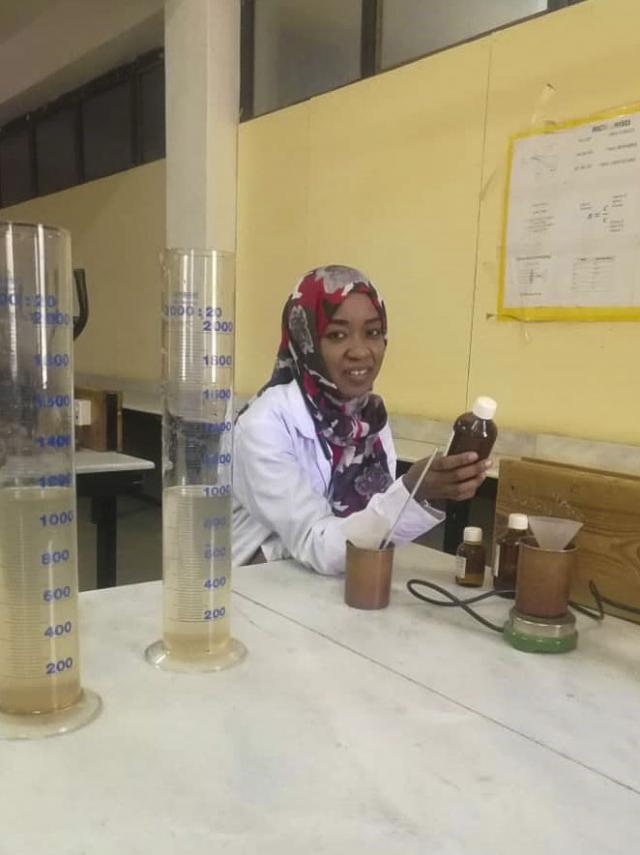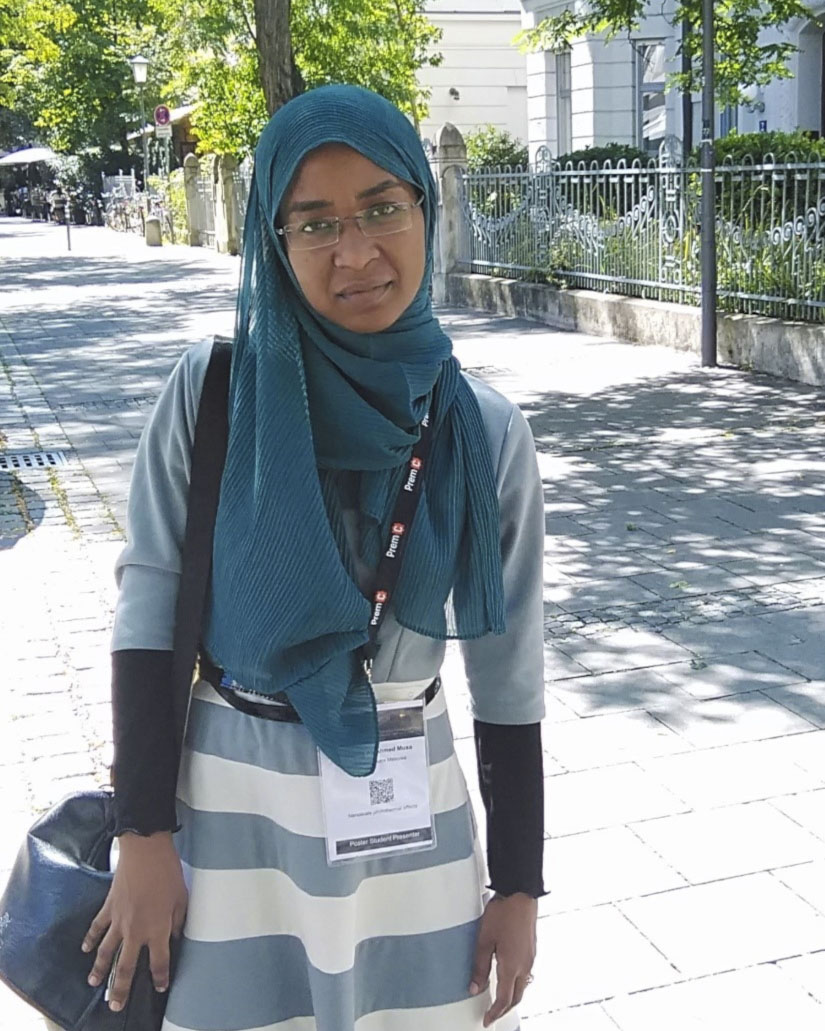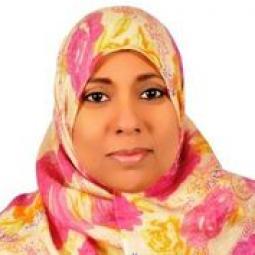
An experimental-turned-theoretical physicist from Sudan is perfecting nanomaterials for clean water
When I am seeing an impact, that’s what makes me as a scientist feel an achievement

Physics isn’t known for being the most approachable of scientific subjects, but for Maram Ali Ahmed Musa, this was part of its appeal – “it’s maybe one of the hardest sciences,” she says, “but I guess I wanted a challenge.”
After completing her Bachelor’s and Master’s degrees in general physics at the University of Khartoum in Sudan, she decided to focus on materials science for her PhD because of its real-life applications: “When I am seeing an impact, that’s what makes me as a scientist feel an achievement”.
Maram registered as a PhD student at Al Neelain University, where she heard about the OWSD fellowship from her PhD supervisor, Nashwa Eassa, Chair of the OWSD Sudan National Chapter and then OWSD Vice President for the Arab region. She first applied for the fellowship in 2016 and was successful upon her second application in 2017, for a sandwich fellowship at the Universiti Putra Malaysia. She identified her host supervisor, Professor Zainal Abidin Bin Talib, with the help of some friends from Sudan (Edam Manahil and Hamid Nada) who had received the OWSD fellowship previously.
Maram’s PhD research focused on synthesizing nanomaterials for water treatment. The smaller a particle, the greater the ratio of its surface area to its volume, Maram explains, thus “the nanomaterial is more reactive at the surface.” She investigated the optical and magnetic properties of the nanomaterials – titanium dioxide and iron oxide specifically – to try to find the optimal size and concentration to degrade (and thus remove) both organic and inorganic pollutants from water.
While completing her fellowship in Malaysia, Maram was grateful to have the support of her friends there. It was really her prior experience moving abroad that helped her adjust, however, having left her immediate family in the UAE to stay with relatives in Sudan during university. “I was used to counting on myself,” she says. “Counting on yourself in a foreign place is harder, but it made me more solid. Now I can take care of myself in any place.”
 Although women are hugely underrepresented in physics worldwide – authoring less than 20% of published research articles in the discipline worldwide – Maram says that was not the case at her university, where women outnumbered men. Men tended to opt for careers with more earning potential, she said, whereas “the women are there enjoying the science.” Maram’s mother, a mathematician and schoolteacher, also influenced her childrens’ interest in STEM subjects; Maram’s three brothers are now engineers, and her sister a pharmacist.
Although women are hugely underrepresented in physics worldwide – authoring less than 20% of published research articles in the discipline worldwide – Maram says that was not the case at her university, where women outnumbered men. Men tended to opt for careers with more earning potential, she said, whereas “the women are there enjoying the science.” Maram’s mother, a mathematician and schoolteacher, also influenced her childrens’ interest in STEM subjects; Maram’s three brothers are now engineers, and her sister a pharmacist.
Having recently completed her PhD thesis, Maram is currently working as a lecturer at National Ribat University in Sudan, where she supervises BSc students and co-supervises MSc and PhD students. She is also participating online in a research group based at the International Center for Theoretical Physics (ICTP) in Trieste, Italy. While her PhD research was largely experimental, the work she is doing now is more theoretical; she uses computer-based simulations to explore her nanomaterials’ potential properties.
Looking ahead, Maram is preparing for a 3-month research visit to École Polytechnique in Paris. After she finishes there, she’ll be applying for postdoc positions both in Sudan and abroad, she says – anywhere she can continue doing the research that she loves.










































